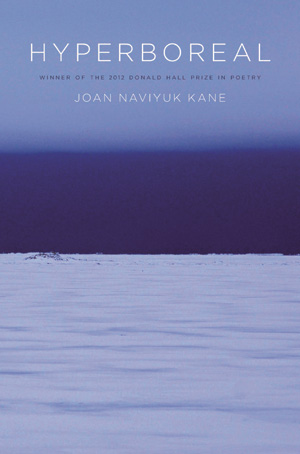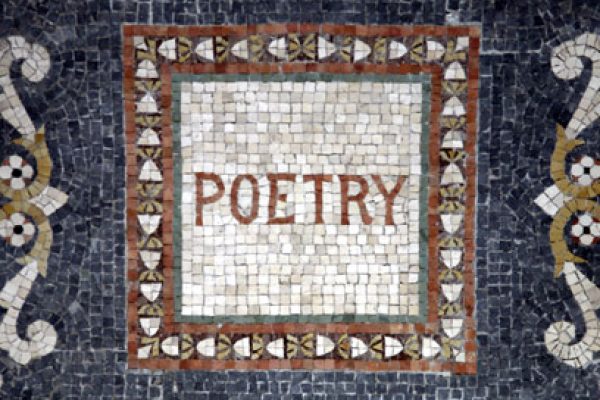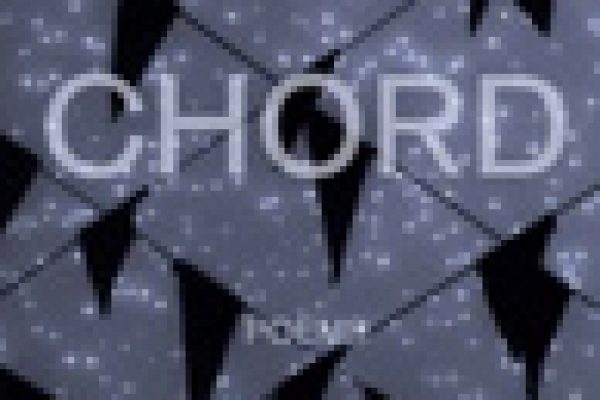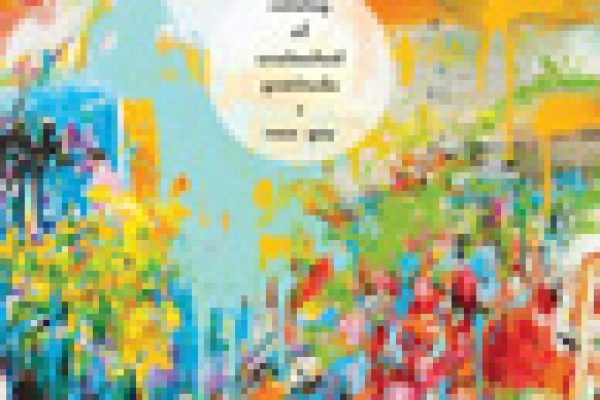Hyperboreal
by Joan Naviyuk Kane
University of Pittsburgh Press, $15.95 (paper)
 The abundance of stones in Hyperboreal notwithstanding, this is not a book about what will be left when human figures have disappeared from the far northern landscape, nor about the presumption of likeness between those figures and what will outlast them: “Far pillars could / Resemble human figures // Though only rock rises / From some progression / Of dust, demand, and rotten / Wood.” What is at stake in Hyperboreal is not only the threat of “cultural and biological extinction” faced by the Inupiaq people of Alaska, but also the contested place of the human in that landscape and, more particularly, the lyric subject. Kane questions its customary property (which is loss) and its dream of deliverance from extinction through craft. In “Innate,” the speaker marks items on a checklist (“Cheek, tongue, headache”) and asserts, “I am a human being.” In a list of the types of human being she is—“Daughter mother”—the space between words makes a rift, not room to breathe. The next line is “Asunder” and the poem continues: “A shard of rock. / Now what was is no more. // Rivers, wind, salt— / A while ago, // I got hurt. / You are all unaware.” The last poem sees that “A line of white birds ends in nothing.” In this book, we are never far from the prospective end of a line of human beings, if not the extinction of the landscape.
The abundance of stones in Hyperboreal notwithstanding, this is not a book about what will be left when human figures have disappeared from the far northern landscape, nor about the presumption of likeness between those figures and what will outlast them: “Far pillars could / Resemble human figures // Though only rock rises / From some progression / Of dust, demand, and rotten / Wood.” What is at stake in Hyperboreal is not only the threat of “cultural and biological extinction” faced by the Inupiaq people of Alaska, but also the contested place of the human in that landscape and, more particularly, the lyric subject. Kane questions its customary property (which is loss) and its dream of deliverance from extinction through craft. In “Innate,” the speaker marks items on a checklist (“Cheek, tongue, headache”) and asserts, “I am a human being.” In a list of the types of human being she is—“Daughter mother”—the space between words makes a rift, not room to breathe. The next line is “Asunder” and the poem continues: “A shard of rock. / Now what was is no more. // Rivers, wind, salt— / A while ago, // I got hurt. / You are all unaware.” The last poem sees that “A line of white birds ends in nothing.” In this book, we are never far from the prospective end of a line of human beings, if not the extinction of the landscape.








